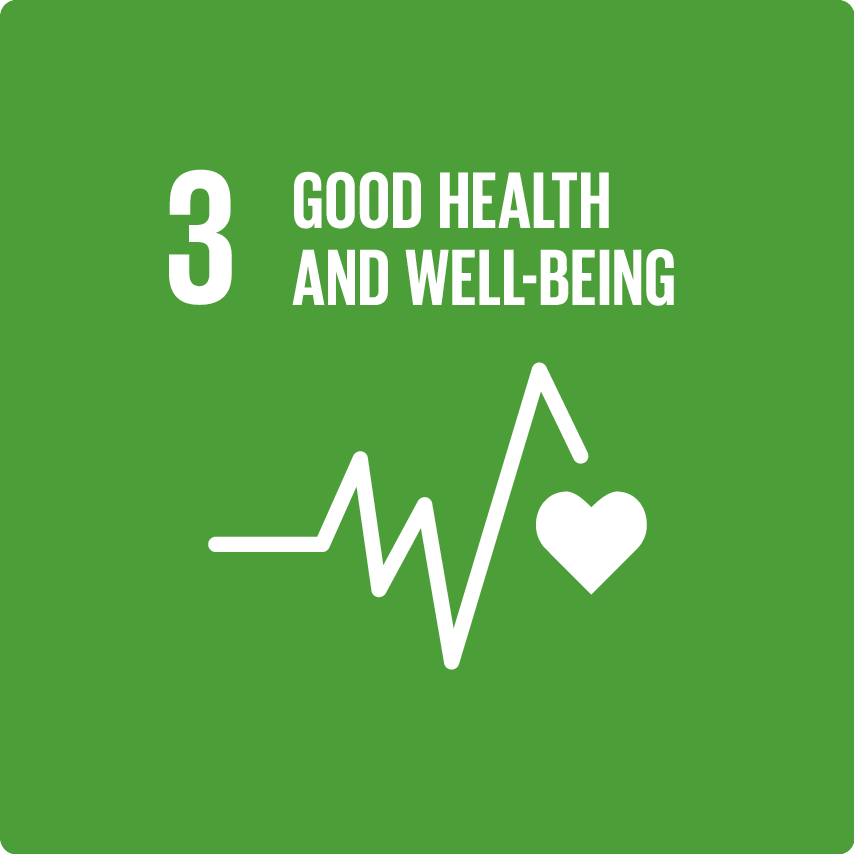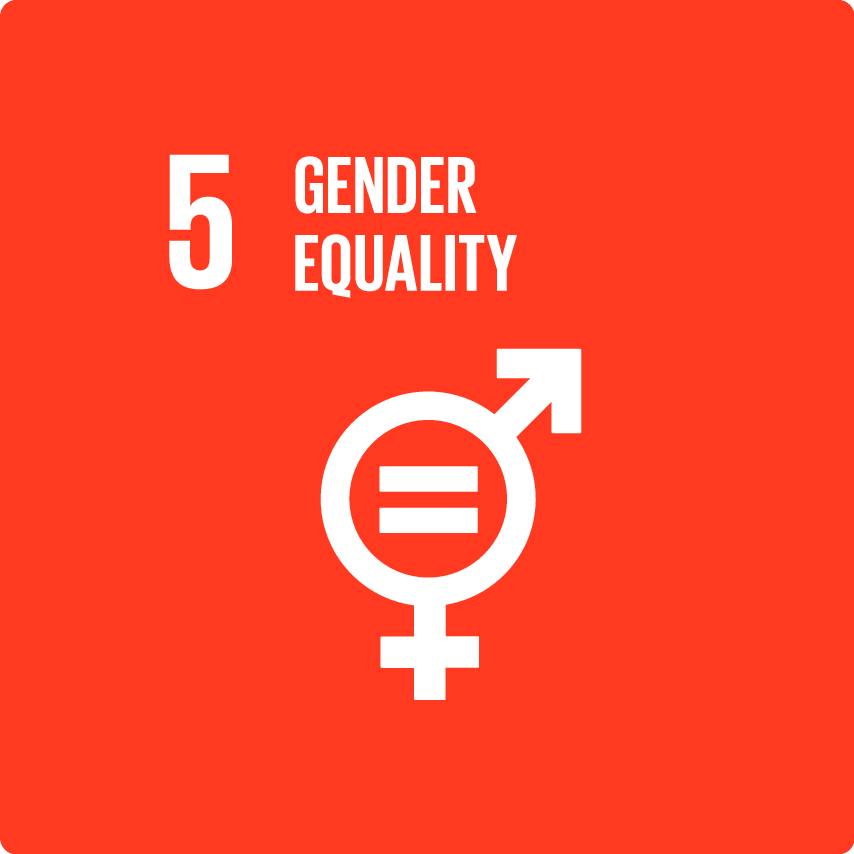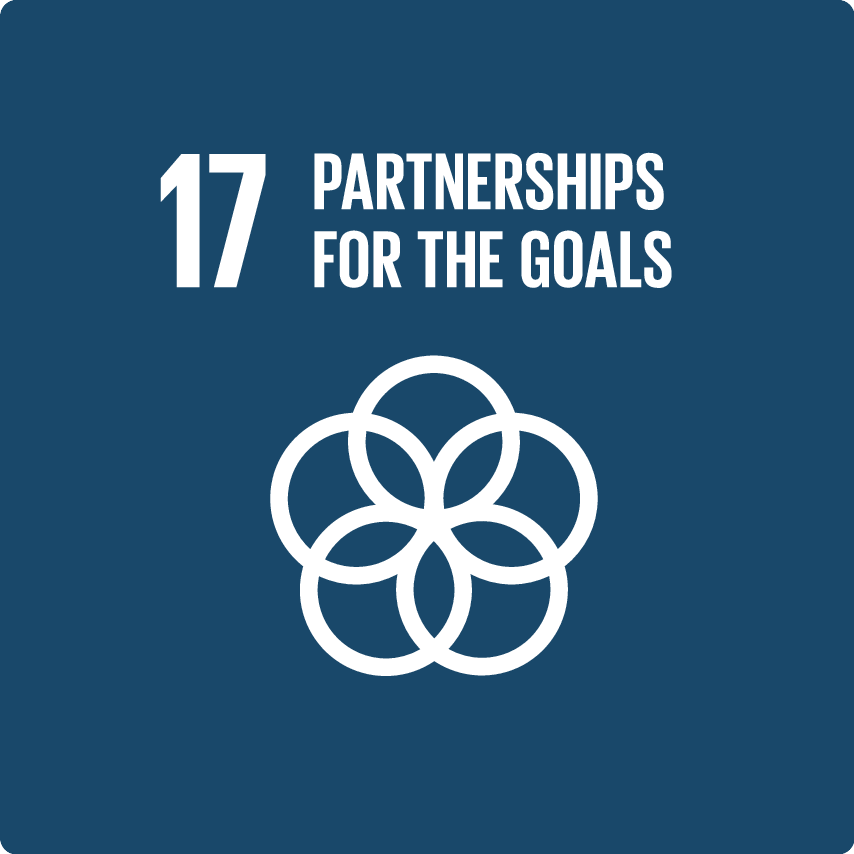Be He@lthy, Be Mobile
Empowering people, communities and nations at large through mobile technology, which provides access to relevant information and services addressing the prevention and control of non-communicable diseases.
SEE ALL PARTNER ORGANIZATIONS
Objectives
- Empower people, communities and nations at large through mobile technology, which provides access to relevant information and services addressing the prevention and control of non-communicable diseases.
- Contribute to global and national efforts to prevent and control NCDs.
- Develop the best solutions for mHealth interventions for NCDs.
- Scale up already successful and cost effective technologies for NCDs.
- Harness the best mobile technology available and make it accessible for all countries.
- Strengthen the capacity of local stakeholders towards optimal and efficient use of available resources.
- Contribute to saving millions of lives and reduce the economic burden to society due to NCDs.
What are the health needs and challenges?
Responsible for over 40 million deaths each year, non-communicable diseases (NCDs) are the leading cause of death worldwide and dominate health care needs and expenditure. They represent a complex global challenge impacting high, middle and low-income countries. While most high-income countries have integrated NCDs into public health policies for a number of years, significant gaps remain in low- and middle-income countries (LMICs). Certain lifestyle behaviours contribute to the prevalence and severity of NCDs, in particular tobacco use, unhealthy diet, physical inactivity and excessive alcohol consumption.
The use of mobile and wireless technologies has the potential to transform the face of health service delivery across the globe. There are reportedly more than 7 billion mobile telephone subscriptions across the world, over 70% of which are in low- or middle- income countries. In many places, people are more likely to have access to a mobile telephone than to clean water. This presents an opportunity to harness mobile technology for improving the availability of information regarding treatments and behaviour changes, enabling effective prevention and management of NCDs.
Partnership activities and how they address the needs and challenges
The Be He@lthy, Be Mobile initiative was set up to address this challenge by scaling up mHealth services for NCDs and their risk factors. This collaboration between the World Health Organization (WHO) and the International Telecommunication union (ITU) was first started in 2012, and since then mHealth programmes have been fully launched in India, Philippines, Senegal, Zambia, Tunisia, Egypt and Costa Rica, and are in preparatory phase in Sudan and Burkina Faso. Over 90 other countries have expressed interest in joining the initiative. Currently available mHealth programmes include mTobaccoCessation, mDiabetes, mCervicalCancer, mBreatheFreely (for asthma and COPD) and mAgeing, while mTB-Tobacco, mActive and mOralHealth are under development.
The initiative’s results are an impressive demonstration of the level of outreach which can be achieved with mHealth. As of December 2018, over 2.1 million people are registered in India’s mTobaccoCessation service, and over 100,000 people registered for the country’s mDiabetes programme. More than 50,000 people are enrolled in Tunisia’s mTobaccoCessation service. Senegal has had over 180,000 people sign up to receive SMS messages on managing diabetes during Ramadan, a programme which the country runs annually, while Zambia has used their mHealth system to send over 1 million messages on cervical cancer awareness. In the Philippines a new mTobaccoCessation service has recently been launched and is now available through the Facebook Messenger platform, further expanding the reach of the programme. In the meantime, preparatory work is on the way to launch the mDiabetes, mCervicalCancer and mBreastCancer programmes in Sudan.
A series of research studies recently published in the BMJ Innovations journal showed the positive impact of programmes on users’ health. The evaluation of the mTobaccoCessation service in India has shown a 19% quit rate (as compared to the estimated 5% population baseline quit rate), while a randomized control trial in Senegal has shown improved glycaemic control in patients participating in the mDiabetes service. The articles can be accessed through our website. The impact of the initiative has been recognized internationally and in 2018 Be He@lthy, Be Mobile has been awarded the GEC Catalyst Award for Catalyzing Disruptive Innovation.
The approach is deliberately designed to be scalable: instead of promoting specific products, the initiative provides cross-cutting health content and technical support which can be used and incorporated into other applications. For example, Senegal has used the same infrastructure as the mDiabetes service to run an emergency SMS-based Ebola prevention programme in September 2014. The initiative works to develop the broader ecosystem within which a national mHealth programme will sit, helping ensure that it is integrated with other health services. Each programme becomes a sustainable part of the health system, whilst also helping to promote health and wellbeing around the world.
Be He@lthy, Be Mobile is unique in that it adopts a multi-sector partnership structure at global and national levels, which engages in-country partners and governments to maximize success. The initiative is dependent on voluntary contributions from its global partners to supplement the funds that participating countries and local partners contribute domestically. These funds are used to support global technical work and country operations. Be He@lthy, Be Mobile holds a select number of partnerships with organizations who share their vision and believe that digital can help protect people from NCDs.
Results and milestones
In 2015, the third year of the initiative, Be He@lthy, Be Mobile successfully met its goal to launch or prepare mHealth programmes in all eight target countries (Costa Rica, Senegal, Tunisia, Norway, India, Zambia, the UK and the Philippines). These countries were selected because of their high burden of NCDs, technological preparedness and political commitment to the initiative.
The projects have already had a significant on the management and prevention of NCDs within the country scope. The smoking cessation SMS support programme in Costa Rica has resulted in a 10% quit rate, which is two times the usual cessation figure. In addition, the mDiabetes programme in Senegal has effectively increased awareness of the disease, helped train health workers through mTraining and also helped patients with disease management through remote consultations and support.
The 8 projects currently in operation are generating significant results which could be replicated across other countries. The construction of toolkits will also inform other countries on how best to harness mobile technology for the prevention and control of NCDs.
Geographic Reach
- Africa
- Americas
- Eastern Mediterranean
- Europe
- South-East Asia
- Western Pacific
Disease Area
- Non-communicable diseases
Target Population
- Elderly
- Youth
- Men
- Women
- People with low incomes
Partner organizations
International Telecommunication Union (ITU)
GSM Association
Harvard University
Health in Humanitarian Crises Centre at the London School of Hygiene and Tropical Medicine (LSHTM)
Stanford University
University of Cambridge
University of Oxford
African Development Bank
Bupa
Discovery
ARM
World Diabetes Foundation (WDF)
NCD Alliance
Verizon
Santen
World Health Organization (WHO)
Asian Development Bank
Expertise France
Additional resources
- mHealth for NCD - BeHe@lthy BeMobile
- Annual Report 2015 Mobile Technology For a Healthy Life
- Mobile Technology For a Healthy Life
- 2013 Progress
- Health at your fingertips
- FAQs
- Focus on mDiabetes Program
- Self-reported quit rates and quit attempts among subscribers of a mobile text messaging-based tobacco cessation programme in India
- SMS-based intervention in type 2 diabetes: clinical trial in Senegal
- GEC Catalyst Awards
- EU mHealth Hub Project - Horizon 2020
Geographic Reach
Africa
- Burkina Faso
- Senegal
- Zambia
Americas
- Costa Rica
Eastern Mediterranean
- Egypt
- Tunisia
Europe
- Norway
- United Kingdom
South-East Asia
- India
Western Pacific
- Philippines
Disease Area
Non-communicable diseases
- Cancer
- Breast Cancer
- Cervical Cancer
- Cardiovascular diseases
- Hypertension
- Diabetes
- General Noncommunicable Disease Care (Health System)
- Mental and neurological disorders
- Respiratory Diseases
- Asthma
- Chronic obstructive pulmonary disease (COPD)
- Other NCDs


